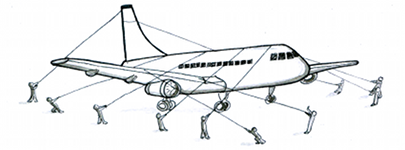NCADC Campaigning Toolkit


Campaigns now have to be put together much more quickly because the decision-making processes in the asylum and immigration systems have, by and large, sped up. To gather as much support as possible, campaign materials need to be published as soon as possible to allow them to be circulated widely.
Using the internet to respond to this time pressure can be very effective. A webpage can be built in less than an hour (see, for example, www.webs.com, or use a free blog service like Wordpress or Blogger); an email can be sent within a matter of minutes; and internet campaigning tools can spread a campaign very far, very quickly.
If someone is facing deportation, their situation can change very quickly. This means that campaign materials might need to be updated many times during a campaign. There will still be campaign actions where printing off leaflets will be worthwhile, but online materials can be amended instantly and at no cost.
The internet can be used to mobilise a campaign for no financial cost. Even if you don’t have a computer or internet connection yourself, libraries and community centres often have computers you can use. If you’re using a public computer, be careful about your internet security (see ‘What Are the Risks of Internet Campaigning’ ).
You can set up a campaign website for free (and you can ask NCADC to create a campaign page on their website); there are several free websites for creating online petitions; and you do not need to pay to set up an email account or an email list. All of the uses of the internet suggested below are free (there may be companies that charge for some of the services, but there are free alternatives for all of them).
Campaign materials on the internet can reach anyone with an internet connection anywhere in the world. Social networking tools, in particular, can make the reach of a campaign very wide.
You may feel that there are groups of people or individuals who could support your campaign and take action in a variety of ways, but who you are not able to physically meet or telephone, or who are under-represented in real-life communities. The internet may provide ways of reaching people you wouldn’t otherwise normally reach, particularly if they are in a different geographic area to you or you cannot access them easily (for example, if you are detained or you have been moved a long way from your home because of asylum accommodation, or because they are in a different country to you). Some people may feel more comfortable engaging with an online campaign, but would be unable to participate in public, for example.
For the reasons explained above, it could therefore be argued that the internet makes campaigning more democratic. This can be true, but it’s important to remember who internet campaigning can exclude (see below).